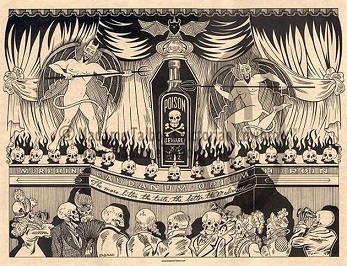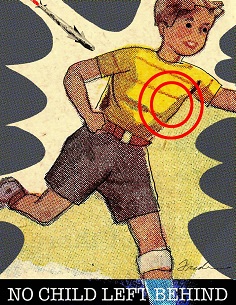Afghan heroin & the CIA
This article is from April, 2008. It is still an interesting read. - Editor
Summary: This report is about American and British involvement in the Afghan drug trade in opium, focusing on the history of such involvement, and the nature of the drug trade since the 2001 occupation of Afghanistan. Today, Afghanistan supplies “more than 90 per cent of the world's illicit opium, from which heroin is made,”[1] so who’s profiting from the trade?
The Anglo-Americans and the Origins of the Taliban
The CIA Creates Al-Qaeda
In 1998, Zbigniew Brzezinski, Jimmy Carter’s National Security Adviser, said in an interview with a French publication, Le Nouvel Observateur, that the US intervention in the Afghan-Soviet war did not begin in the 1980s, but that, “it was July 3, 1979 that President Carter signed the first directive for secret aid to the opponents of the pro-Soviet regime in Kabul,” which precipitated the Soviet invasion into Afghanistan.[2] From the Soviet invasion, a bloody ten-year war followed.
Amazingly, “Before 1979 Pakistan and Afghanistan exported very little heroin to the West,”[3] but by 1981, “trucks from the Pakistan army’s National Logistics Cell arriving with CIA arms from Karachi often returned loaded with heroin – protected by ISI [Pakistan’s internal security service] papers freeing them from police search.”[4] This change occurred in 1981 when then CIA Director William Casey, Prince Turki bin Faisal of Saudi intelligence and the ISI worked together to create a foreign legion of jihadi Muslims or so-called Arab Afghans. More than 100,000 Islamic militants were trained in Pakistan between 1986 and 1992 in camps overseen by the CIA and [British] MI6. The SAS [British special forces] trained future Al-Qaida and Taliban fighters in bomb-making and other black arts" while their leaders were trained at a CIA camp in Virginia.[5] Further, “CIA aid was funneled through [Pakistani President] General Zia and the ISI in Pakistan.”[6]


























